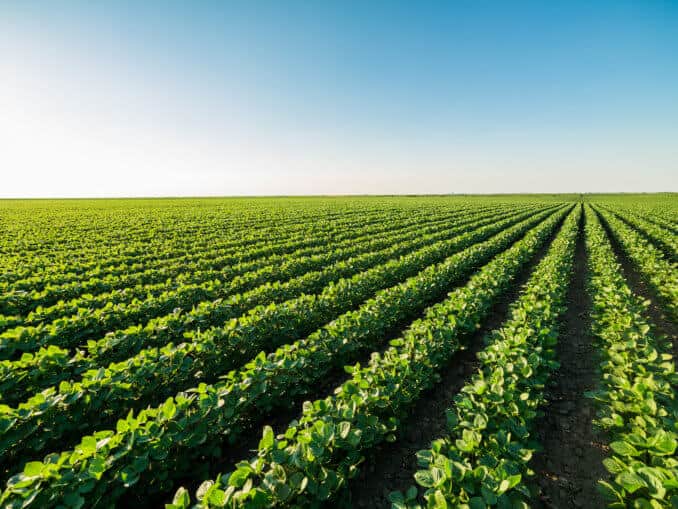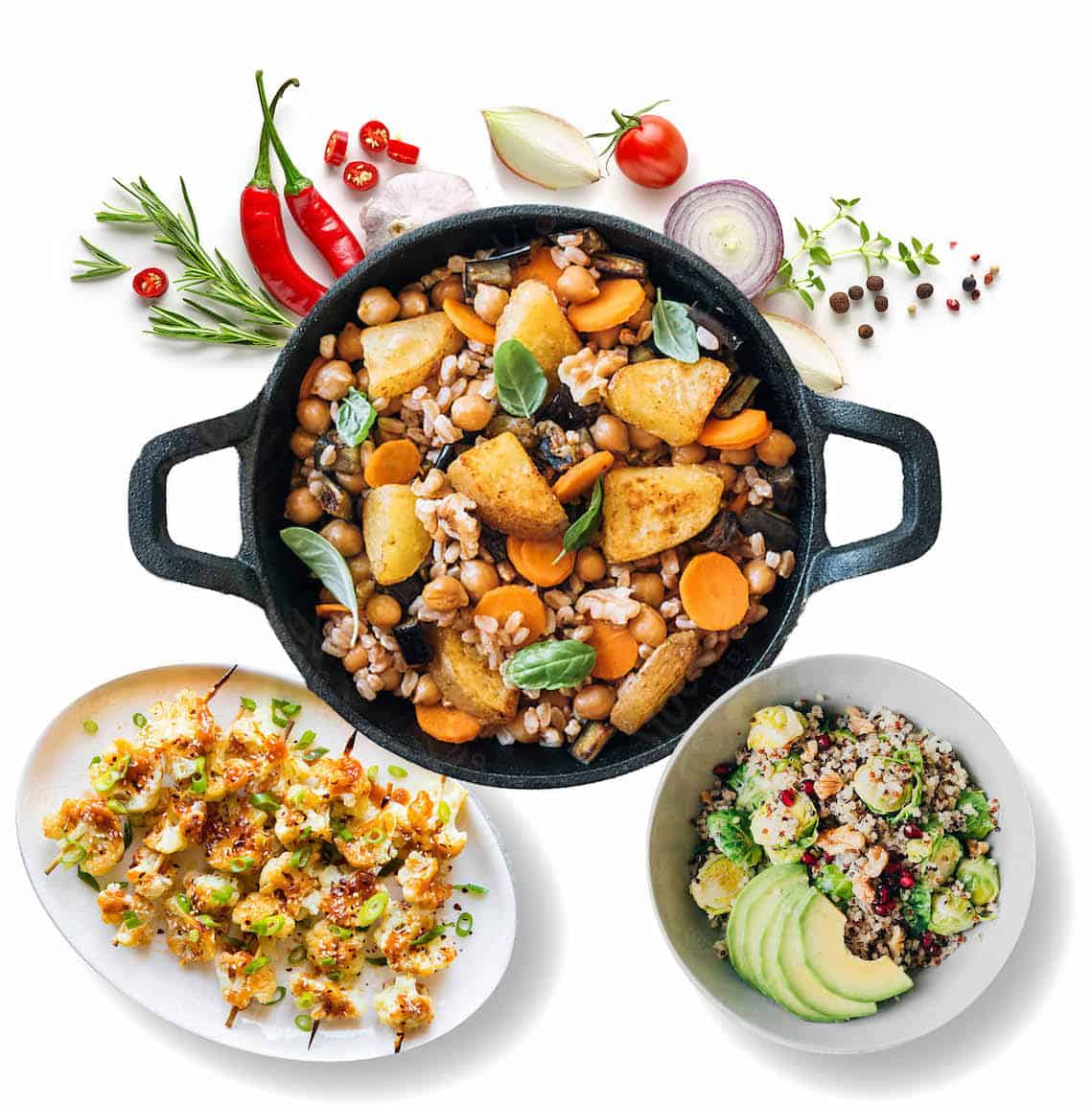Integra Foods Breaks New Ground with Faba Bean Protein Facility in South Australia
Integra Foods, the new ingredients division of Australian Grain Export (AGE), has opened a faba bean protein facility in Dublin, South Australia. The facility, part of AGE’s $20 million vertically integrated value-adding precinct in South Australia’s Mid-North region, leverages sustainable and energy-efficient protein separation techniques. The new plant, described as a state-of-the-art facility, is set to produce 15,000 metric tons of “all-natural” and sustainable concentrates annually for innovative faba bean-based products. Mr. Tim Martin, managing director of Integra Foods, shared: “We’re proud to lead in developing Australia’s plant protein industry and launching South Australia’s newest industry.” Dry fractionation tech Unlike wet fractionating methods, the ingredients company uses pioneering dry fractionation, which does not require water, acids, alkalis, solvents, or drying to separate proteins and starches. …





















